Partnership and connectivity are pillars of shared prosperity between Nepal and India: Foreign Affairs Minister
Kathmandu: Foreign Affairs Minister Dr. Arzu Rana Deuba has emphasised that partnership and connectivity between Nepal and India are vital foundations for achieving shared prosperity. Speaking at the inaugural session of the Nepal-India Strategic Dialogue held in Kathmandu on Thursday, Minister Dr. Rana underscored the importance of strengthening bilateral cooperation in trade, transit, and investment, and advancing economic collaboration through enhanced connectivity.
Highlighting the transformative potential of regional connectivity, the Foreign Minister envisioned a future in which Nepali agricultural products, such as ginger, reach the Mumbai market within 24 hours, and Indian tourists can travel from Delhi to Pokhara in a single day. “This proximity must evolve into a platform for economic growth that directly benefits the citizens of both nations,” she stated.
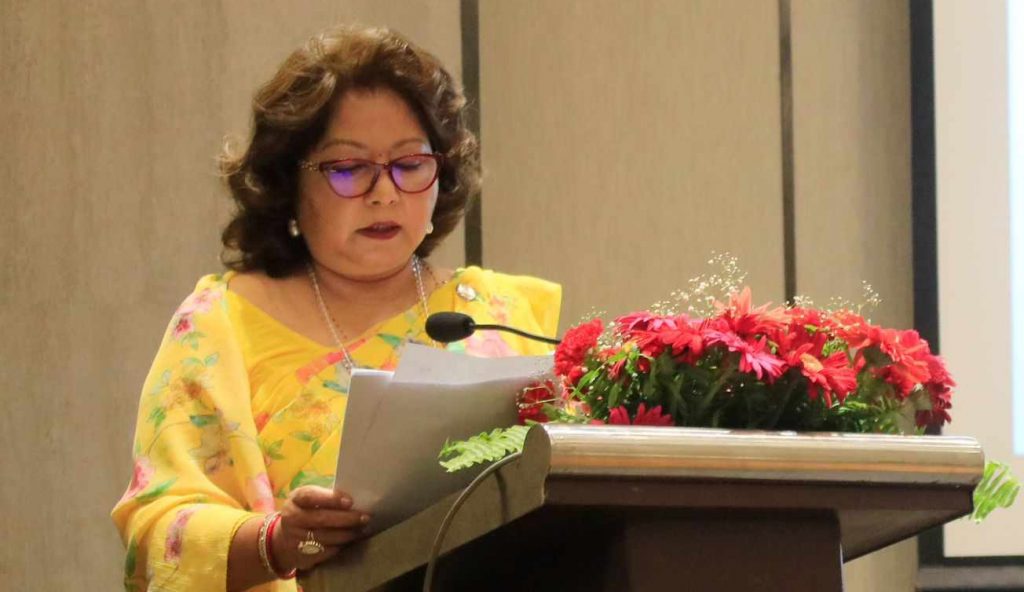
Minister Dr. Rana described Nepal-India relations as deeply rooted in history, culture, and shared values. She emphasised that the strong emotional and cultural ties between the people of both countries form a solid foundation for closer people-to-people contact, which in turn is crucial for building a more prosperous and interconnected future.
Calling for increased investment in multi-modal infrastructure, Dr. Rana highlighted the importance of developing cross-border roads, railways, waterways, air routes, and digital networks. “Seamless connectivity between Nepal and India will not only support regional and global supply chains but will also strengthen transit trade and boost the economies of border areas,” she added.
She also acknowledged the rapidly shifting global economic landscape, emphasising the need for Nepal and India to collaborate in emerging areas such as the digital economy, technology, innovation, modern education, and skill development. “In this era of knowledge-based economies, our focus must also include nurturing a creative economy and empowering our youth with the tools to lead,” she noted.
On energy cooperation, Dr. Rana pointed to Nepal’s vast hydropower potential as a key area of bilateral collaboration. Referring to India’s commitment to import 10,000 MW of electricity from Nepal over the next decade, she said this partnership symbolises the deepening energy ties between the two countries. She also highlighted ongoing cooperation in developing transmission infrastructure, grid connectivity, and cross-border electricity trade.
Dr. Rana further called for joint efforts in promoting digital innovation and entrepreneurship. Recognising India’s advancements in digital technology and Nepal’s growing pool of tech-savvy youth, she advocated for the creation of cross-border tech hubs, start-ups, and innovation platforms that empower young people from both nations to collaborate and drive future growth.
Expressing appreciation for India’s support during the recent Sagarmatha Dialogue, she noted that such forums are vital for tackling shared challenges in an era marked by technological disruption, geopolitical shifts, and climate change. “We must work together to address global risks and embrace opportunities that benefit our region and beyond,” she said.
Concluding her address, Minister Dr. Rana reaffirmed Nepal’s commitment to building a future of peace, stability, and prosperity in collaboration with its neighbours and international partners. She expressed confidence that platforms like the Nepal-India Strategic Dialogue would deepen bilateral relations, foster meaningful exchanges, and further strengthen the enduring friendship between the two nations.



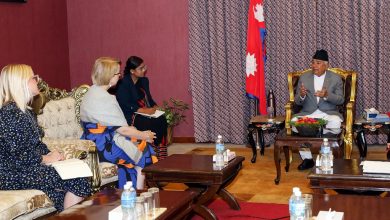
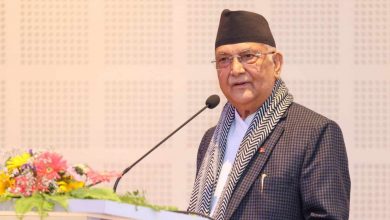

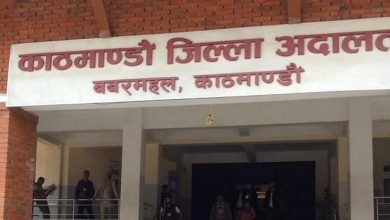

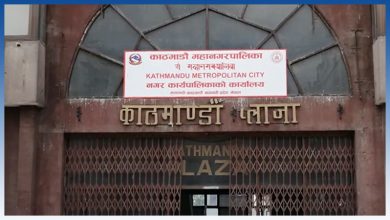
Comments